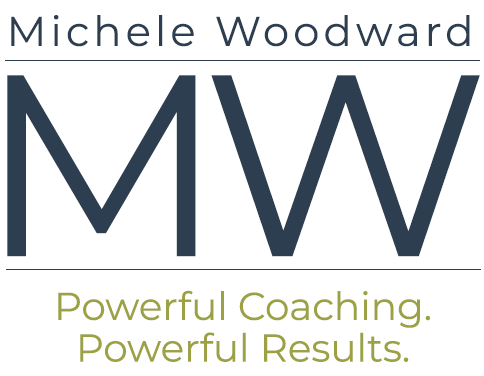The Archives
We’re working hard to move years of awesome content over to the new web space. Please forgive formatting weirdness and missing images while we get things set up!
The Thing About 3.6% Unemployment
News broke this week that US unemployment reached a new low in April, falling to 3.6 percent. Who would have thought, in October of 2009 when unemployment peaked at 10 percent that we'd ever see this sort of robust hiring?All I can say is that 2009 was sort of bleak for a lot of people, and it left a lot of scars.I still see those scars in some organizations who continue policies and approaches they put into place then.But what got you there won't get you where you need to go. In light of what is, in fact, nearly functional full employment for professional people, most organizations have to get smarter on how they treat their people.

